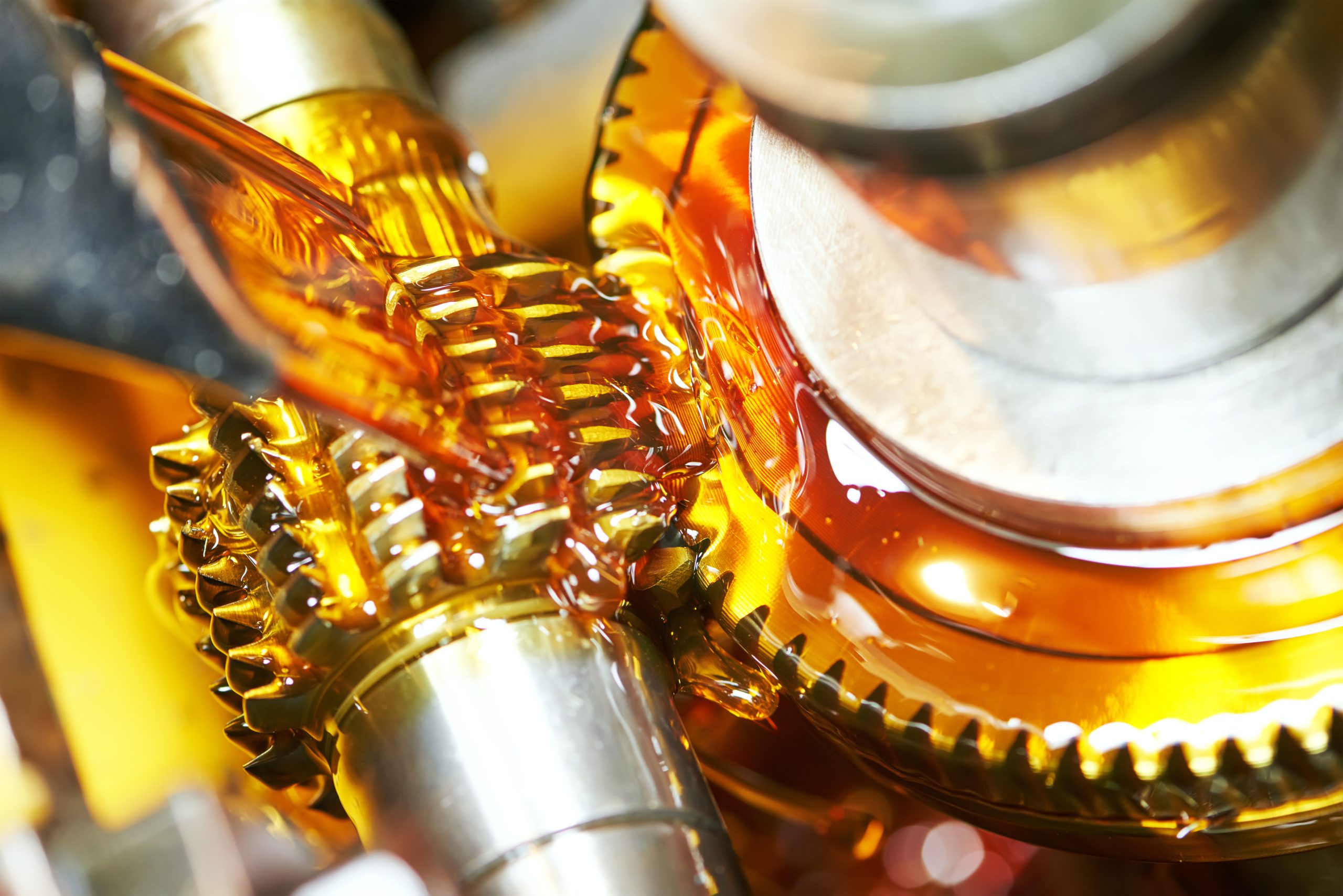Oil and grease do a lot more than just reduce friction between moving parts.
As specialists in machine lubrication, LH Travis is fully versed in the many important functions that oil and grease perform in heavy equipment. If you think that your lubrication only reduces the friction between moving parts, then you’re overlooking some important details.
The Many Functions of Lubrication
At LH Travis, we want our customers to understand the purpose of the lubrication they are applying to their machinery. The following are some of the many important roles industrial lubrication fulfills.
- Reduces friction. This is the most well-known function of lubrication, to reduce friction between moving parts so they glide easily and the machine functions properly without overheating.
- Lower operating temperature. Friction creates heat, and excessive heat can cause the melting or warping of some components, resulting in pricey repair costs.
- Reduces erosion between parts. Erosion is another side effect of friction which can not only wear down components but also create excessive debris within the equipment. Lubrication creates a barrier between contact points to slow the effects of erosion.
- Shock absorption. The barrier created by lubrication also provides a degree of cushioning to absorb the vibrations and impact shocks caused by the motion of moving parts.
- Prevent corrosion. Metal surfaces can react with various environmental pollutants, so lubrication coating those surfaces can provide some protection from contaminants.
- Draw away debris. Despite the best efforts to prevent erosion and particulate contamination, some unwanted material will still make its way into the equipment. Lubrication acts to transport bits of debris that work their way into a machine away from the sensitive moving parts.
Questions? Give Us a Call
Anytime you have questions about the lubrication requirements or functions for your heavy equipment, just give LH Travis a call at (863) 967-0628. We are happy to help you figure out what your machinery needs, and why.

